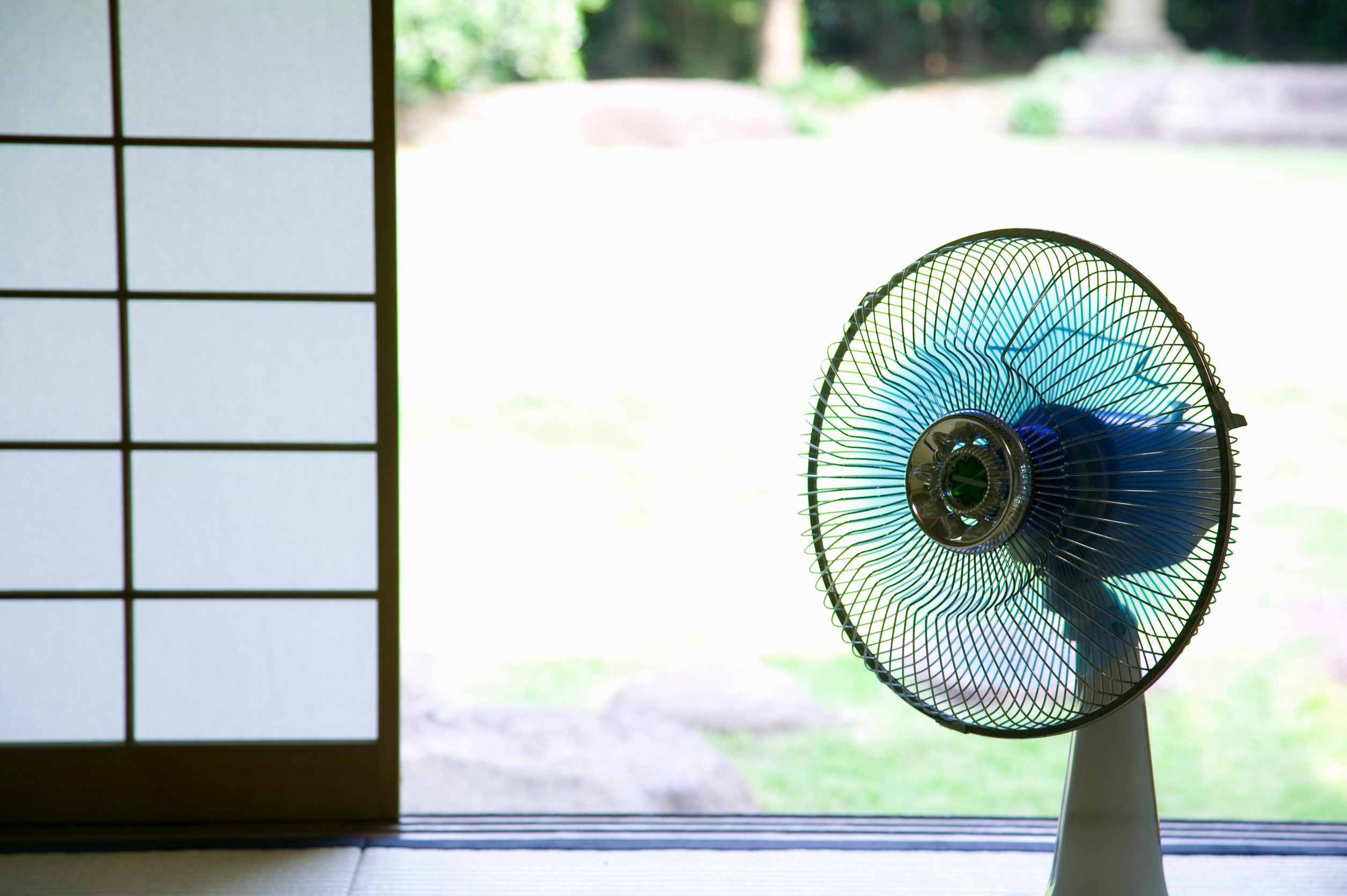
We clean our homes to make them healthier, safer, and more comfortable—but what if those very products are doing more harm than good? Many common household cleaners contain chemicals that release volatile organic compounds (VOCs), which can pollute your indoor air without you realizing it. These substances can trigger allergies, asthma, headaches, and even long-term health issues. You might love that “clean” smell, but it could actually be a sign that your air quality is getting worse, not better. Here are seven cleaning products that may be secretly working against your family’s health.
1. Air Fresheners and Scented Sprays
Air fresheners may make your space smell like lavender or ocean breeze, but they often contain VOCs that linger in your home’s air. Many use phthalates, which are linked to hormone disruption and respiratory irritation. Plug-ins, sprays, and even those trendy diffusers can emit chemicals with every use. The more artificial the fragrance, the more likely it is to impact your air quality. Opt for natural alternatives like essential oil diffusers (used sparingly) or open windows to let fresh air in.
2. Bleach-Based Cleaners
Bleach is a go-to disinfectant for bathrooms and kitchens, but it comes with a downside. The strong fumes it produces can irritate your lungs and contribute to poor indoor air quality—especially in small, poorly ventilated rooms. When mixed with ammonia or acids, bleach can create toxic gases that are extremely dangerous. Even when used alone, it releases chlorine into the air, which is a known respiratory irritant. Limit bleach use and always ensure proper ventilation if you must use it.
3. Oven Cleaners
Oven cleaners are notorious for their harsh chemical makeup. These products often contain lye and solvents that can cause coughing, headaches, and skin irritation. The fumes don’t just go away when you wipe the oven down—they can linger in the air for hours. Even self-cleaning oven cycles can release smoke and fumes from built-up food residue. If you’re concerned about air quality, consider natural alternatives like baking soda paste and vinegar instead.
4. Multi-Surface Sprays with Fragrance
Those all-in-one sprays that leave counters sparkling might also be leaving your air loaded with chemicals. Many contain synthetic fragrances, ethanol, and glycol ethers, all of which release VOCs into the air. Even products labeled “green” or “natural” can contain hidden irritants if they include the word “fragrance” on the label. These invisible pollutants are especially concerning in homes with children or people with respiratory issues. Look for fragrance-free or third-party-certified safe products to reduce airborne contamination.
5. Carpet and Upholstery Cleaners
Cleaning your carpets might get rid of dirt and stains, but it can also introduce harmful solvents into your home. Many carpet and upholstery products contain perchloroethylene or naphthalene—chemicals linked to dizziness, nausea, and potential long-term risks. These substances don’t just vanish after the surface dries; they linger in the fibers and slowly release into the air. Steam cleaning with water or using baking soda as a deodorizer is a safer option. Prioritize methods that protect both your floors and your air quality.
6. Disinfectant Wipes
Convenient and effective, disinfectant wipes are a staple in many households. But these wipes often include quaternary ammonium compounds (“quats”) that can aggravate asthma and reduce indoor air quality over time. When used excessively or on large surfaces, they contribute to chemical buildup in the air. Touching your face or inhaling the fumes during cleaning can also increase exposure. Try soap and water for everyday cleaning and save disinfectant wipes for high-risk situations.
7. Glass and Window Cleaners
Those streak-free window sprays often contain ammonia, which is a potent eye and lung irritant. Spraying them in enclosed spaces like bathrooms or on mirrors can cloud your air quality quickly. The sharp scent you associate with “clean” is actually a chemical compound your lungs don’t appreciate. Overuse can lead to headaches, coughing, and sore throats. For a gentler alternative, mix vinegar and water for a safer shine.
A Clean Home Shouldn’t Come at the Cost of Clean Air
It’s ironic—but true—that many of the products we rely on to keep our homes clean are polluting the very air we breathe. From synthetic fragrances to chemical-laden disinfectants, these household staples often come with invisible risks to your air quality. The good news? There are safer, greener alternatives that get the job done without compromising your health. Reading labels, ventilating rooms, and switching to natural products can dramatically improve your home’s air.
What changes have you made to protect your home’s air quality? Share your favorite non-toxic products or cleaning hacks in the comments below—we’d love to hear your tips!
Read More
10 Cleaning Products That Were Recalled But Still Sold Online
10 Miracle Food Items That Double As Cleaning Agents
The post 7 Home Cleaning Products That Secretly Make Your Air Quality Worse appeared first on Grocery Coupon Guide.







